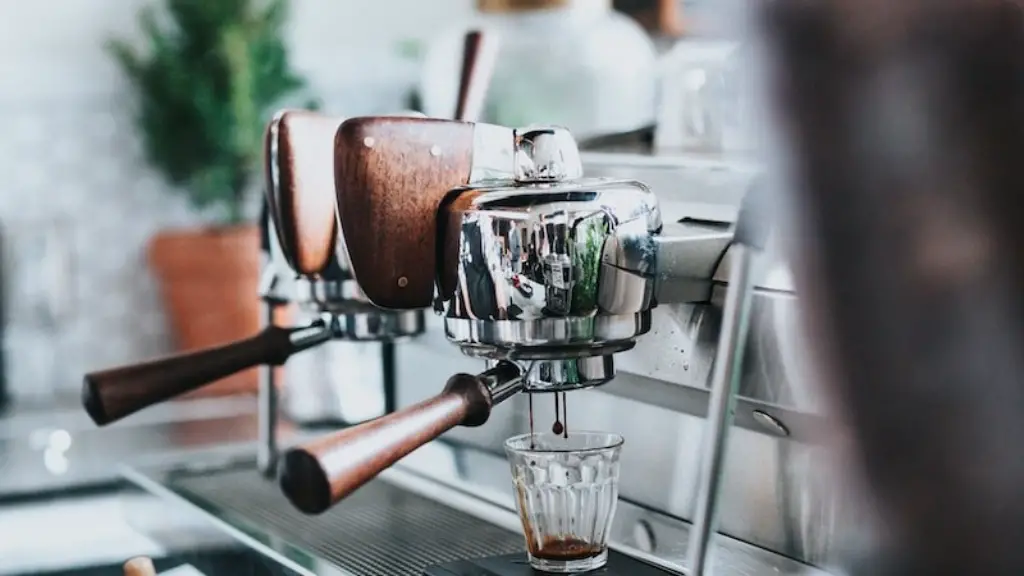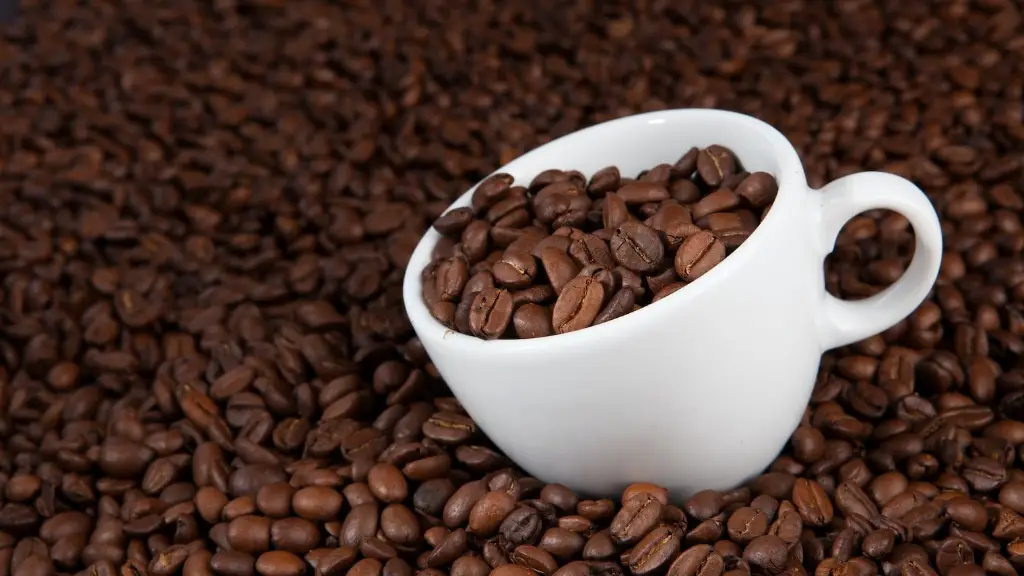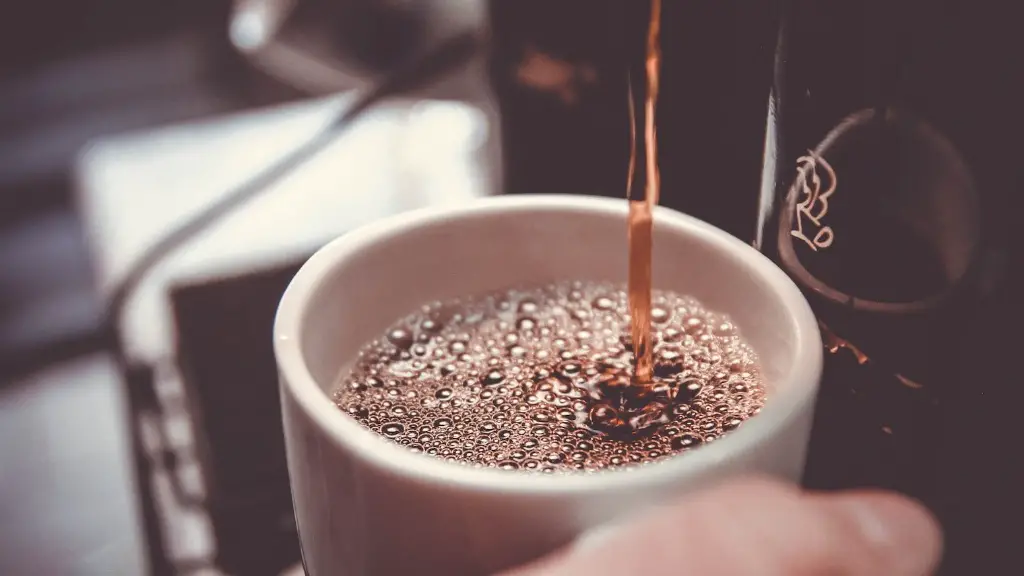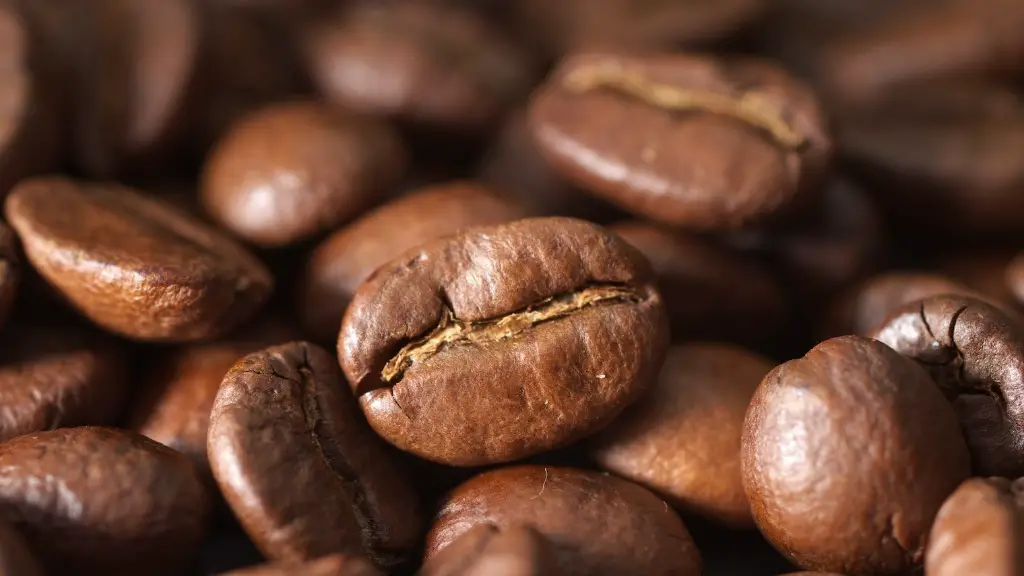alcohol and coffee together
Mixing caffeine and alcohol can have unpredictable consequences, depending on the level of alcohol and amount of caffeine consumed. It is known that caffeine acts as a stimulant, while alcohol is a depressant, but consuming them together could lead to higher levels of intoxication.
When consumed in large amounts, caffeine can actually mask the effects of alcohol. It can make it hard to judge how much alcohol has been consumed. Someone who greatly underestimates how much they have had to drink can become dangerously drunk without realising it. Apart from physical danger, alcohol also affects one’s judgement, coordination, and reaction time, while caffeine affects one’s alertness and concentration.
It is also important to remember that significantly different amounts of caffeine and alcohol can be consumed when drinking coffee after alcohol. Drinking an espresso after one beer won’t be the same as drinking an espresso after eight beers, for example. In this case, it is important to understand both how much caffeine is being ingested, and how much alcohol.
Experts agree that it is not advisable to mix caffeine and alcohol. When alcohol and caffeine are taken separately, there are many health benefits. However, consuming them in combination can lead to adverse effects. Other risks include dehydration, impaired judgement, and overstimulation that can interfere with sleep.
Furthermore, mixing caffeine and alcohol can lead to physical fatigue and depression. Caffeine can interfere with the body’s natural ability to metabolise alcohol, meaning that someone can actually become more intoxicated when they consume caffeine after drinking alcohol. It is best to consume coffee or any other caffeinated beverages before or during drinking, as a coffee can still provide some brief stimulation while having alcohol, without the long-term risks.
Alcohol-Induced Performance Problems
Consuming alcohol after coffee can have a various side effects on someone’s physical performance. After drinking, a higher risk of fatigue or exhaustion can be experienced due to fatigue and dehydration caused by alcohol. This can result in fewer physical and mental abilities, including reduced reaction times and impaired coordination.
Alcohol affects the central nervous system and can reduce the total performance. Combining it with caffeine can cause sleep disturbances, dehydration and more intense hangover effects including headaches, dizziness, and nausea. Therefore, it is not recommended to consume alcohol and caffeine at the same time.
Moreover, drinking alcohol after coffee can lead to feelings of agitation and restlessness. This combination of stimulants and depressants can cause an individual to have a false sense of invincibility and an excessive level of confidence. As a result, the likelihood of misjudging and making a bad decision increases.
There is also the possibility of feeling overconfident and making decisions which may be unwise. Despite this, the individual may think they are operating normally and make wrong judgements or even take risks they wouldn’t have taken without the combination of coffee and alcohol.
Effects in The Long-Term
The issue of combining the two substances reaches further than physical performance deficits. Drinking coffee and alcohol together can also have a strong mental effect. Long-term alcohol abuse paired with caffeine can lead to depression, anxiety, and difficulty in concentrating.
In addition, drinking coffee with alcohol can also contribute to addiction. This is because of an increased tolerance that results from mixing the two substances. This can lead to an individual consuming more and more alcohol in an attempt to achieve their desired level of intoxication. Additionally, caffeine can make an individual less aware of the stimulating effects of alcohol, allowing them to consume more than they should before it takes full effect.
Besides this, it can also be difficult to stop if an individual is combining alcohol with coffee. This combination can be inherently addictive, and become difficult to quit.
Health Benefits of Separating Alcohol and Coffee
The primary benefit of separating alcohol and coffee is improved sleep hygiene. Sleep is essential to maintain overall health, enabling the body to process new information and restore its energy levels. Therefore, maintaining healthy sleep cycles is essential.
Mixing alcohol and caffeine can interfere with your sleep patterns and limit the quality of sleep an individual receives. Limiting caffeine can help to improve the amount of deep sleep someone achieves. Limiting alcohol at night and ensuring adequate hydration can also help – even though alcohol dehydrates you, it generally takes about 6 to 8 glasses of water for the body to rehydrate after a night of heavy drinking.
Furthermore, combining alcohol and coffee can also lead to a range of digestive health problems. Due to the combination of depressant and stimulant effects from both substances, it can take longer for the body to break down the substances, leading to digestive issues.
Risks of Consuming Alcohol After Coffee
The primary risks associated with consuming alcohol after drinking coffee come down to unpredictable intoxication. While drinking coffee can reduce the intoxication level of an individual, combining it with alcohol can lead to unexpected results. For example, a person might feel less intoxicated than they actually are, and as a result, when they may make reckless decisions.
In addition, consuming alcohol after coffee can lead to issues with impairment in judgement and coordination, as well as altered mental states. This can lead to problems with both alertness and decision making capabilities, as well as overall performance.
Finally, the combination of alcohol and caffeine can be habit-forming, as the mix of stimulants and depressants can be inherently addictive, and often difficult to quit.
The Impact of Drinking Alcohol and Coffee Together
Mixing alcohol and coffee can have a variety of physical and mental implications, as well as long-term side effects and addictive qualities. The unpredictable nature of combining the two substances can lead to impaired judgement, higher risk of intoxication, and a false sense of alertness. Furthermore, it can lead to increased dependency, and issues with sleep quality.
It is important to understand the risks and potential harmful effects before combining alcohol and caffeine. Consuming the two separately can be beneficial for physical and mental health, but when combined, their effects can become more intense and unpredictable. Therefore, it is advisable to limit the amount of both substances that are being consumed, in order to reduce the potential for harm.





